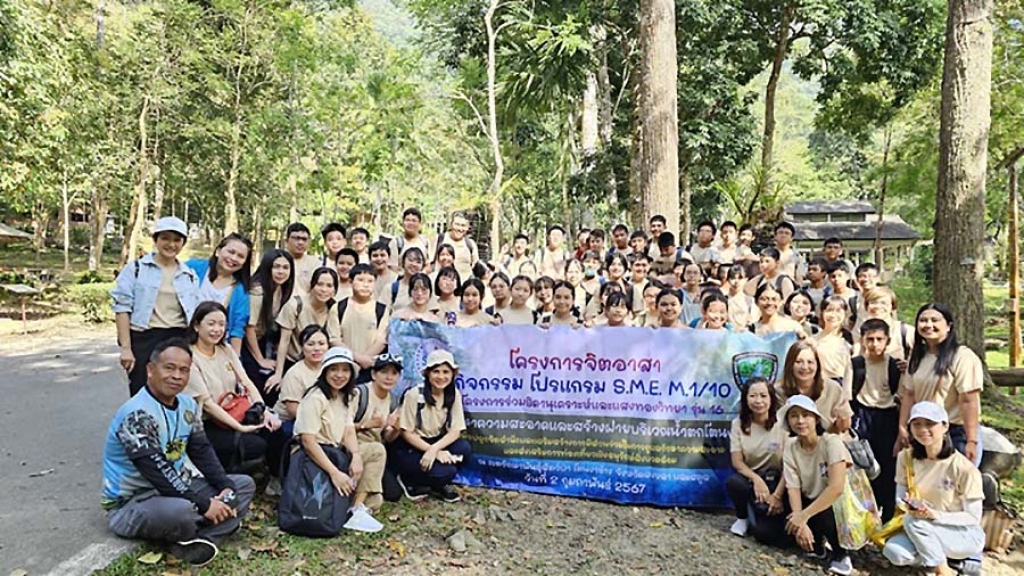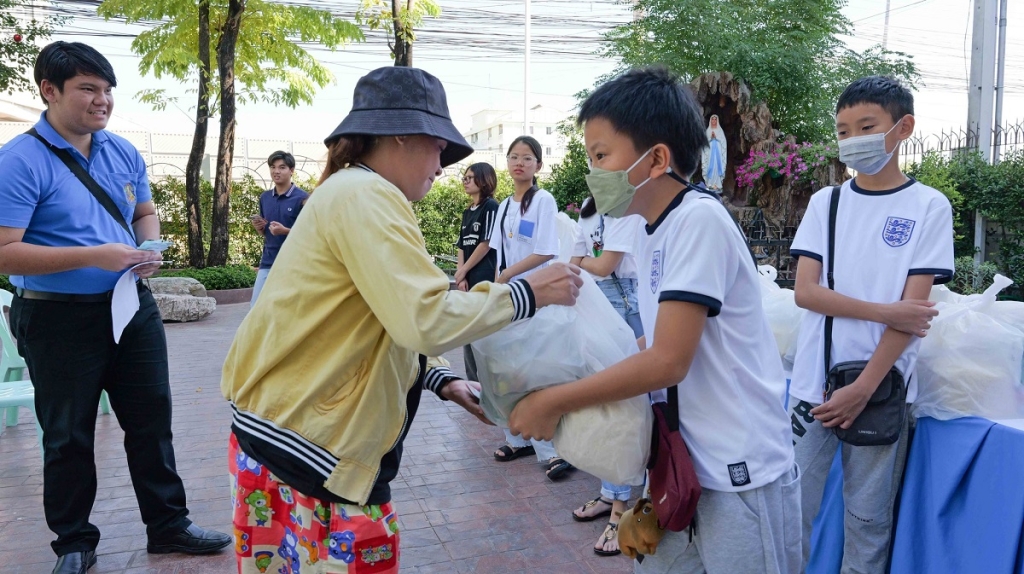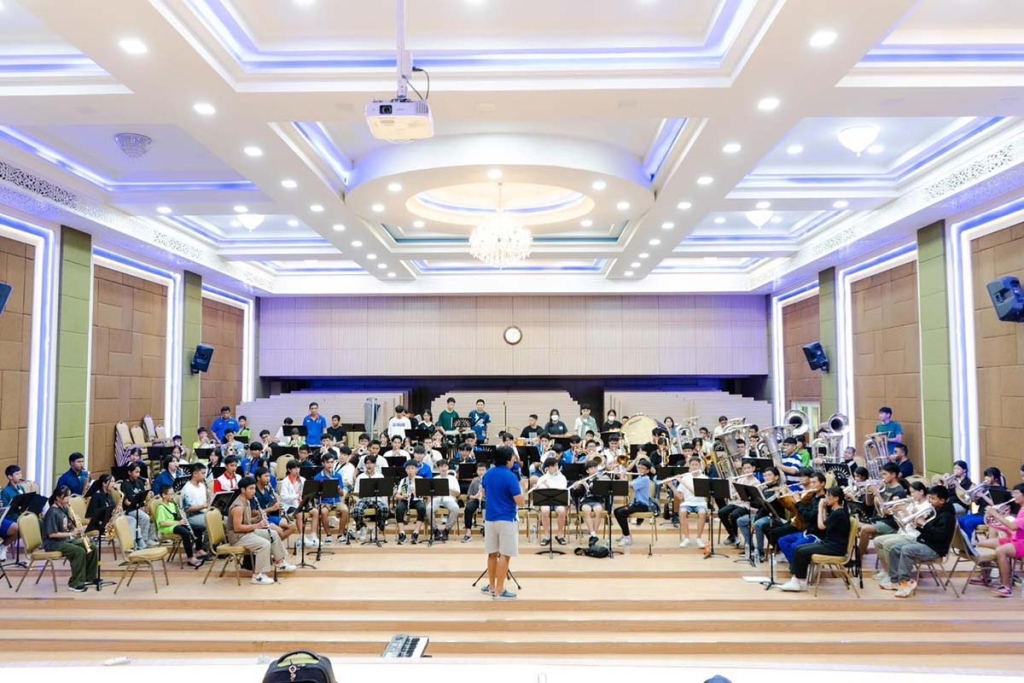THAILAND: Don Bosco Technological College develops partnership with BMW Group Thailand for service apprentice program
(MissionNewswire) BMW Group Thailand and Don Bosco Technological College in Bangkok recently announced a partnership to launch the BMW service apprentice program. The partnership will help foster the potential of vocational students in achieving automotive skills and knowledge at an international standard. The goal is to elevate Thai vocational education to match the German higher education standard. This year, 14 students from high vocational certificate classes have been taking part in the program, and the college plans to attract another 25 students next year.
BMW Group Thailand initiated the service apprentice program in 2012, in collaboration with the German-Thai Chamber of Commerce and BMW authorized dealers. The BMW service apprentice program is part of the German-Thai Dual Excellence Education program. Developed in Germany, the program has achieved outstanding success and has been adopted by many countries.
Participating students have been provided technical education to increase their knowledge and skills through theoretical and on-the-job training at the BMW Training Center supported by BMW certified technicians from authorized dealers. In addition, students are granted a full scholarship from BMW Group Thailand and will be employed by a BMW authorized dealer after a probation period.
“Salesian missionaries know the local economy and develop strategic partnerships to help educate poor youth in high-demand employment sectors,” says Father Mark Hyde, executive director of Salesian Missions, the U.S. development arm of the Salesians of Don Bosco. “Salesian programs aim to help provide youth with the technical education needed to find and retain long-term employment to help them break the cycle of poverty in their lives as well as contribute back to their families and communities.”
Thailand has shown considerable economic growth over the last 20 years, reducing its poverty rate from 21 percent in 2000 to 10.9 percent where it currently stands, according to the World Bank. Although the country has made strides in reducing poverty, improving nutrition and meeting basic needs of its residents, inequality is still pervasive.
One of the more marginalized groups in the country is people with disabilities. Men, women and children with disabilities have been cast aside and perceived as incapable of engaging in meaningful work and leading productive lives. Often those with disabilities, particularly those with visual impairments, are kept out of school and denied an education. As a result, their future employment prospects are diminished and the cycle of poverty continues.
Salesian programs across Thailand focus on education and workforce development in partnership with social development services that work to meet the basic needs of youth and their families living in poverty. Nearly 1,000 students attend each of the Salesian Professional Training Centers in Thailand. These centers mostly focus on students who have performed poorly in more traditional schools or have challenges with learning. Those who graduate from the Salesian training courses are able to immediately find a suitable job in the current marketplace because the programs taught are tailored to meet local demand.
###
Sources:
ANS – Thailand – Agreement between BMW and Bangkok Don Bosco Technical College
World Bank – Thailand




